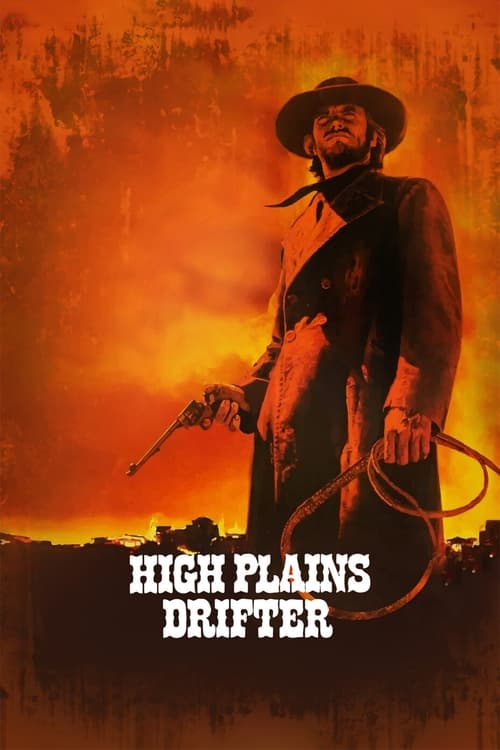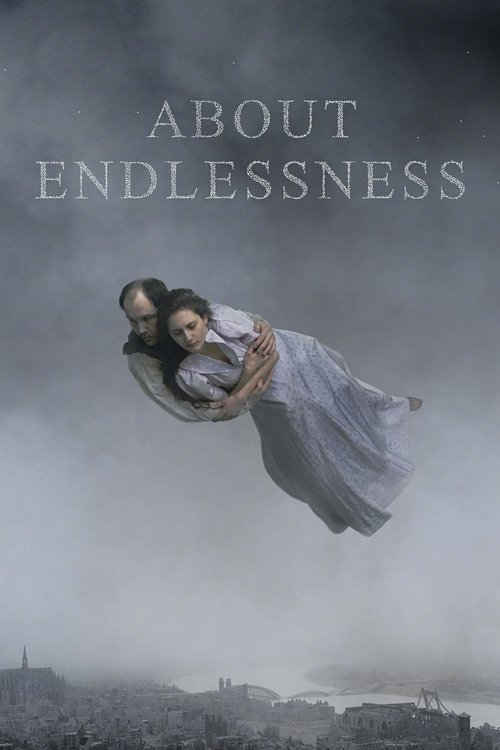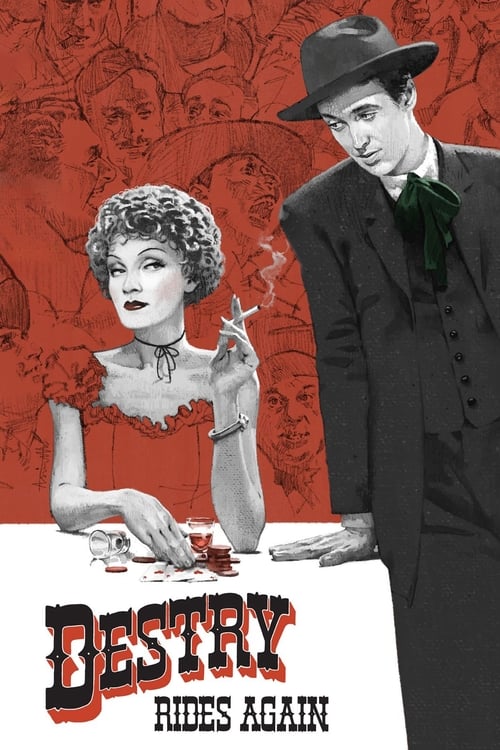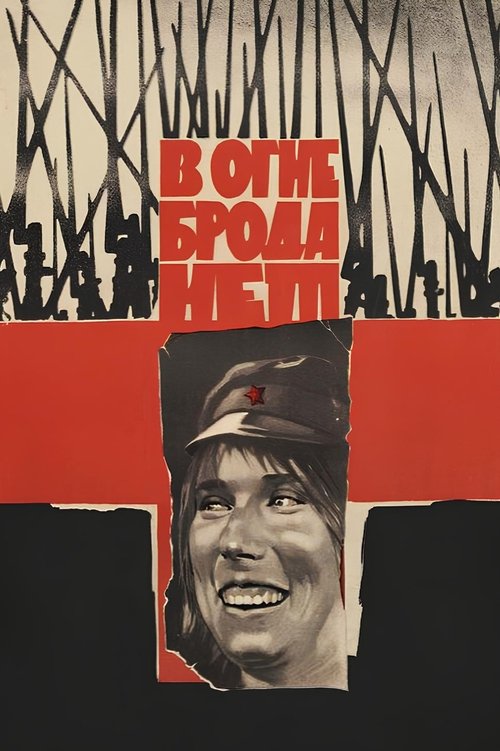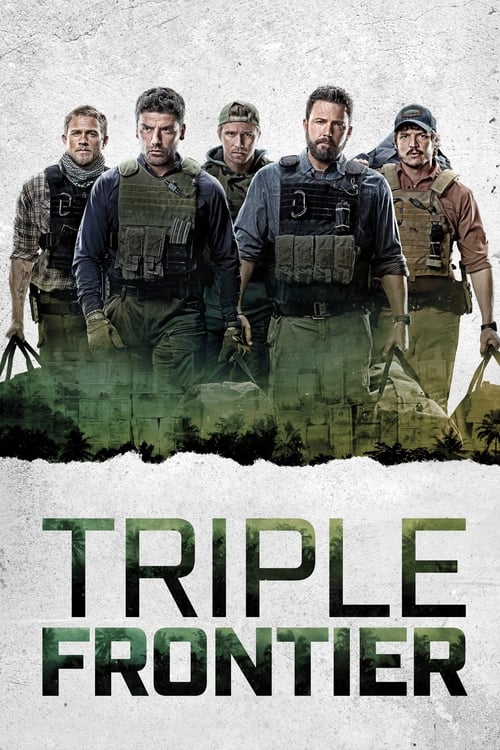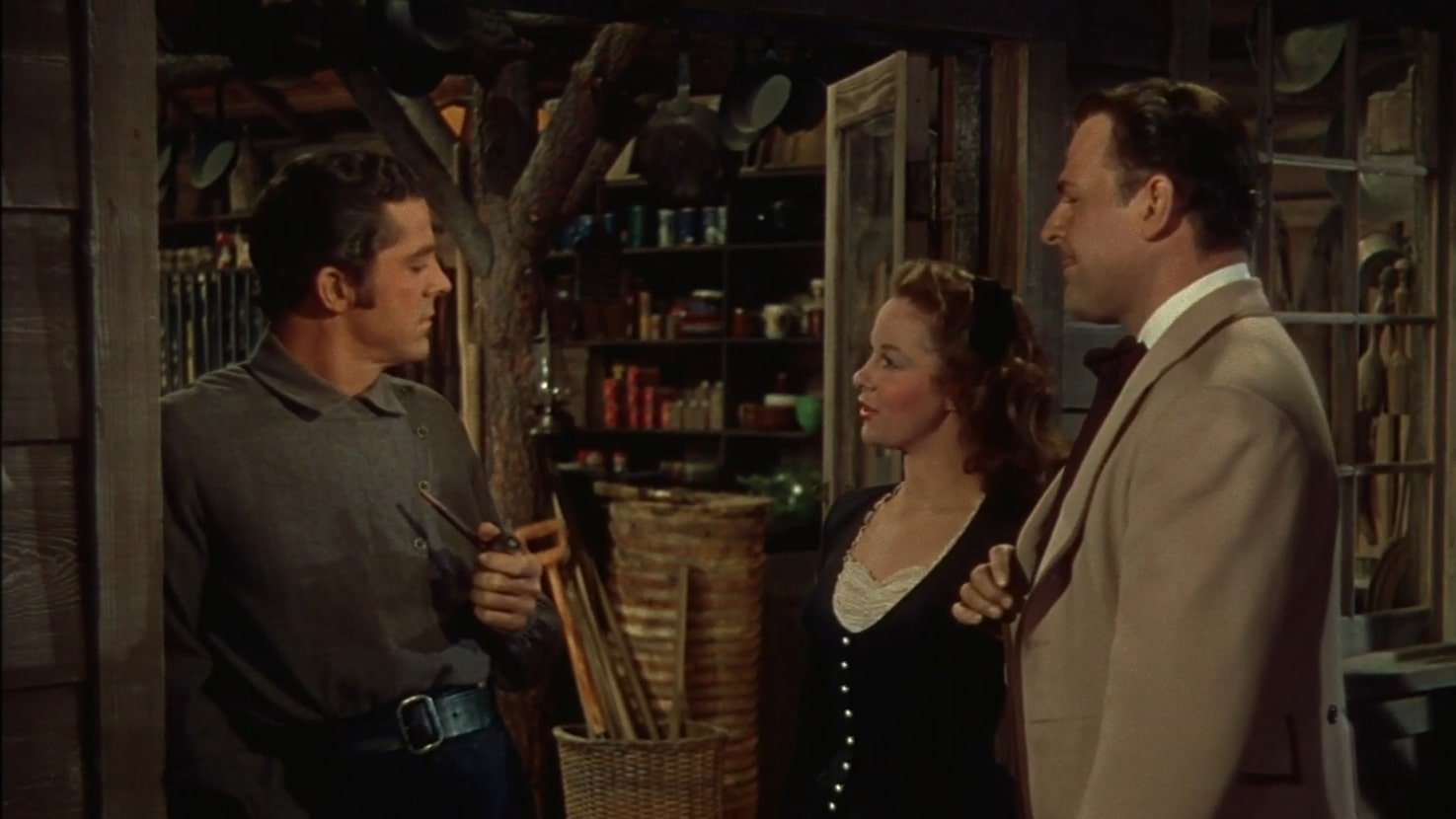
1946
Canyon Passage
Western
7.0
User Score
65 Votes
Status
Released
Language
en
Budget
$0
Production
Universal Pictures
Overview
In 1850s Oregon, a businessman is torn between his love of two very different women and his loyalty to a compulsive gambler friend who goes over the line.
Review

John Chard
10.0
Any man, I suppose, who believes as I do that the human race is a horrible mistake.
Canyon Passage is directed by Jacques Tourneur and is adapted by Ernest Pascal from the novel written by Ernest Haycox. It stars Dana Andrews, Brian Donlevy, Ward Bond, Susan Hayward, Lloyd Bridges & Patricia Roc, with Hoagy Carmichael also supporting and offering up ditties such as the Oscar Nominated "Ole Buttermilk Sky". Music is by Frank Skinner and cinematography by Edward Cronjager.
More famed for his moody black & white pieces, Canyon Passage finds Tourneur operating in glorious Technicolor on Western landscapes. The result of which is as gorgeous as it is thematically sizzling. The story follows Andrews' Logan Stuart, a former scout turned store & freight owner who has landed in Jacksonsville, Oregon. Also residing here is the girl he is courting, Caroline Marsh (Roc) and his friend George Camrose (Donlevy) who plans to marry Lucy Overmire (Hayward). However, there are problems afoot as George has a serious gambling problem, one that will send this tiny town into turmoil. Affairs of the heart also come under pressure, and to cap it all off, the Indians are on the warpath after the brutish Honey Bragg (Bond) kills an innocent Indian girl.
The first thing that is so striking about Canyon Passage is the town of Jacksonville itself, this is a vastly different Western town to the ones we are used to seeing. Built in a sloping canyon that helps to pump up the off kilter feeling that breathes within the picture, it's also green, very green, but in a most visually refreshing way. The greenery and red flowers give a sense of harmony, a sneaky way of diverting the viewer from the smouldering narrative, for Tourneur is delighting in not only painting a pretty picture that belies the trouble bubbling under the surface of this apparent place of prosperity, he's also revelling in using various camera shots to embody the unfolding story and the characterisations of the principals. This really is a film that begs to be revisited a number of times, because with each viewing comes something new to appraise, to pore over to see just why Tourneur did something particular. The host of characters are varied and have meaning, each given impetus by the uniformly strong cast, the latter of which is also a testament to the supreme direction from the Parisian maestro.
I honestly feel that if this was a John Ford film it would be far better known & appraised accordingly. Because up to now it's still something of an under seen and vastly under rated Western. This in spite of it garnering praise over the last decade or so from some big hitters in the directing and film critic circles. Cronjager's Technicolor photography is rich and piercing, where Tourneur and himself expertly utilise the Diamond Lake and Umpqua National Forest exteriors to expand mood of the story. Skinner's score is excellent, as is Carmichael's (wonderfully creepy) musical input, while the costuming is top dollar. Now widely available on DVD, there's hope that more people will seek it out. With its number of finely drawn sub-plots, and its wonderful visual delights and tricks, Canyon Passage is essential viewing for Western and Tourneur purists. A film that rewards more with each viewing if you keep your eyes and ears firmly on alert. 9/10
Read More 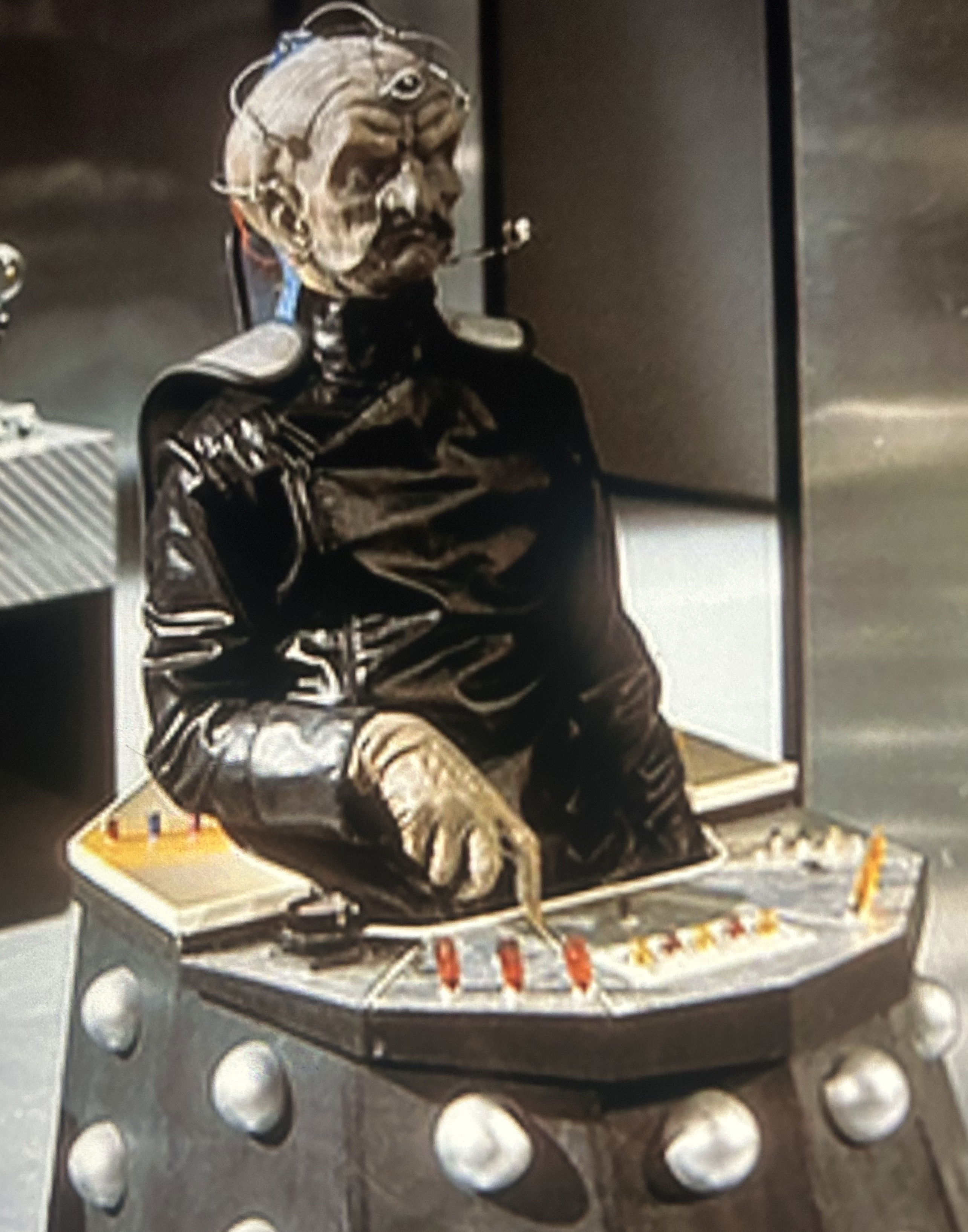
Geronimo1967
7.0
“Gold is only yellow gravel!”. That’s the philosophy of frontiersman-cum-entrepreneur “Logan” (Dana Andrews) as he tries to establish a thriving freight business amidst the backwoods of Oregon. He’s helped by the pragmatic “Clenchfield” (Halliwell Hobbes) which is just as well because there are plenty like “Bragg” (Ward Bond) who want to see him fall flat. He’s also a bit conflicted on the romantic front too. “Lucy” (Susan Hayward) is hitched to his best pal, the unreliable “George” (Brian Donlevy) and then there’s the younger “Caroline” (Patricia Roc) too. Things really begin to hot up when “George” is accused of murder and then "Bragg” manages to goad the local Indian population, already irritated by the encroachment of the settlers and their cabins, into a murderous series of raids that raze fires and pile up corpses all over the territory. With chaos reigning, perhaps it might be time for “Logan” to rethink his plans? On the face of it, the story itself isn’t so very innovative nor is Andrews especially charismatic as the lead, but there is something visually impressive about this picture. For a start, there isn’t a town as such - more a collection of rudimentary log cabins amidst some pristine mountain scenery that looks like a far more convincing representation of pioneering life. Even the relatively wealthy “Logan” lives from the same fields, streams and in the same community as the subsistence farmers clearing rocks from their fields. I usually enjoyed Andy Devine’s characters, and though perhaps he ought not to have engaged in his brief spell of crooning here, he leads a solid supporting cast of sleeves-rolled-up personalities who embody the spirit of 19th century America. There’s also a little from Hoagy Carmichael as a latter day “Will Scarlett”, a-wandering with his ukulele in hand cheering up the settlers. What also works better here is the role of the natives. There’s no scalping, head-dresses and Winchesters, instead we see a society that genuinely felt threatened by these new arrivals who claimed ownership of just about everything they could see, and tried to pay up with the odd basketful of apples. There's nothing certain about how this might end, and I felt that fitting as this episode in expansion leads, inevitably, to the next.
Read More 